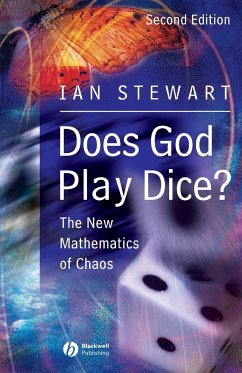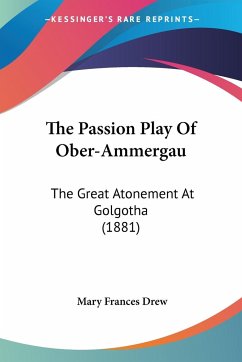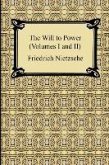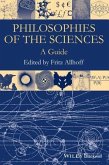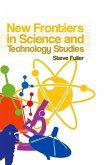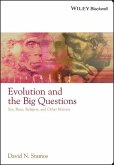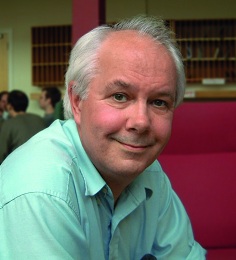"You believe in a God who plays dice, and I in complete law and order." --Albert Einstein The science of chaos is forcing scientists to rethink Einstein's fundamental assumptions regarding the way the universe behaves. Chaos theory has already shown that simple systems, obeying precise laws, can nevertheless act in a random manner. Perhaps God plays dice within a cosmic game of complete law and order. Does God Play Dice? reveals a strange universe in which nothing may be as it seems. Familiar geometrical shapes such as circles and ellipses give way to infinitely complex structures known as fractals, the fluttering of a butterfly's wings can change the weather, and the gravitational attraction of a creature in a distant galaxy can change the fate of the solar system. This revised and updated edition includes three chapters on the prediction and control of chaotic systems. New information regarding the solar system and an account of complexity theory is also incorporated. It is a lucid and witty book which makes the complex mathematics of chaos accessible and entertaining.

